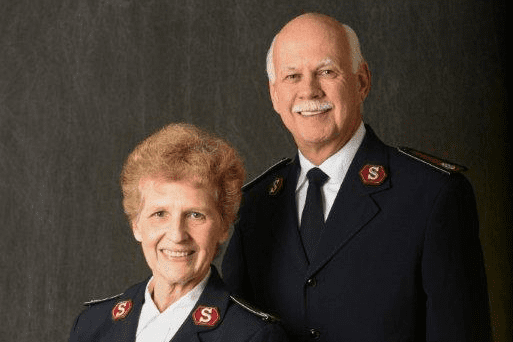A multi-cultural celebration
Contributions to American history cited.
by Martin Ross, Captain –
It’s important that all Americans embrace African-American History Month. I say this because African-Americans have been directly or indirectly in the vanguard of inclusivism for all people in this country since the colonial days.
African-American History Month should be looked at not as a fragmented aspect of celebration for one particular group of people, but as a celebration of American history. For without the contributions of people of African decent, the visionary and philosophical credo of our 1776 United States Declaration of Independence, which states that, “we hold these truths to be self-evident, that all men are created equal, that they are endowed by their Creator with certain unalienable Rights, that among these are Life, Liberty and the pursuit of happiness,” would likely not be possible.
Yes, African-American History Month helps provide black people in America with a greater sense of identity and a greater sense of our collective contributions to society, but it also gives all Americans a greater sense of identity and a greater sense of Americans’ collective contributions to society.
On February 7, 1926, Dr. Carter G. Woodson (1875-1950), well-published history scholar, initiated the celebration of African-American History Month, originally Negro History Week. He received numerous degrees, studied at Sorbonne University in Paris, and in 1912 received his Ph.D. in history from Harvard University. He is also the co-founder of one of America’s oldest journals, Journal of Negro History.
African-American History Month was not assigned by society, as urban legend says, to the month of February, the shortest month of the year, to spite the contributions of Black Americans. On the contrary, most historians believe that Dr. Woodson chose February to honor the birthdays of Fredrick Douglas (famed African-American abolitionist) and President Abraham Lincoln. One historian, Jacqueline Goggin, suggests that February was selected because the news of the 13th Amendment to the Constitution to abolish slavery, although signed in January, was not known to slaves until February.
Before Dr. Woodson’s work, scholarly documentation of the historical contributions of African-Americans had been woefully neglected. It should be noted that scholarly documentation of the historical contributions of almost every ethnic group in this country, including women, would likely have been neglected if not for the pioneering work of Dr. Woodson and others like him. Until the “Black, Brown, and Women’s Power” movements of the 60s and 70s, there were no Asian, Chicano/Latino, African, or Women’s Studies Departments at our major universities in any significant number. Now they are commonplace, even at Christian universities where we should have a biblical mandate of inclusivism (Galatians 3:28: “neither Jew nor Greek…”). Without these new generations of scholars, only a few scant pages would remain in our educational texts referring to the Americans who make up the “melting pot” or “salad bowl” fabric of our historical or present society, in contrast with the wealth of information on mainstream Americans of European descent.
Because of the contributions of those in America’s past who fought for the “American Dream,” we have people of all backgrounds making American history every day! For instance, Arnold Schwarzenegger (Governor of California, first generation immigrant from Austria), Antonio Villaraigosa (first Hispanic mayor of a major U.S. city), Colin Powell (first African-American Secretary of the Armed Forces and Secretary of State), Alberto Gonzales (first Hispanic Attorney General), Condoleezza Rice (first African-American Foreign Affairs Advisor and first African-American woman Secretary of State), and most recently Coretta Scott King (first woman and first African-American to lie in state before burial in the state of Georgia). I should not want to forget Commissioner Israel L. Gaither (African-American) of our own Salvation Army who has the position of International Chief of Staff and soon to be U.S. National Commander.
Given the multicultural diversity of our country, and even our Western Territory, it is my hope, like Dr. Carter G. Woodson, that readers of this article, and those they influence, will see the contributions of America’s colorful mosaic as true American history for all.











